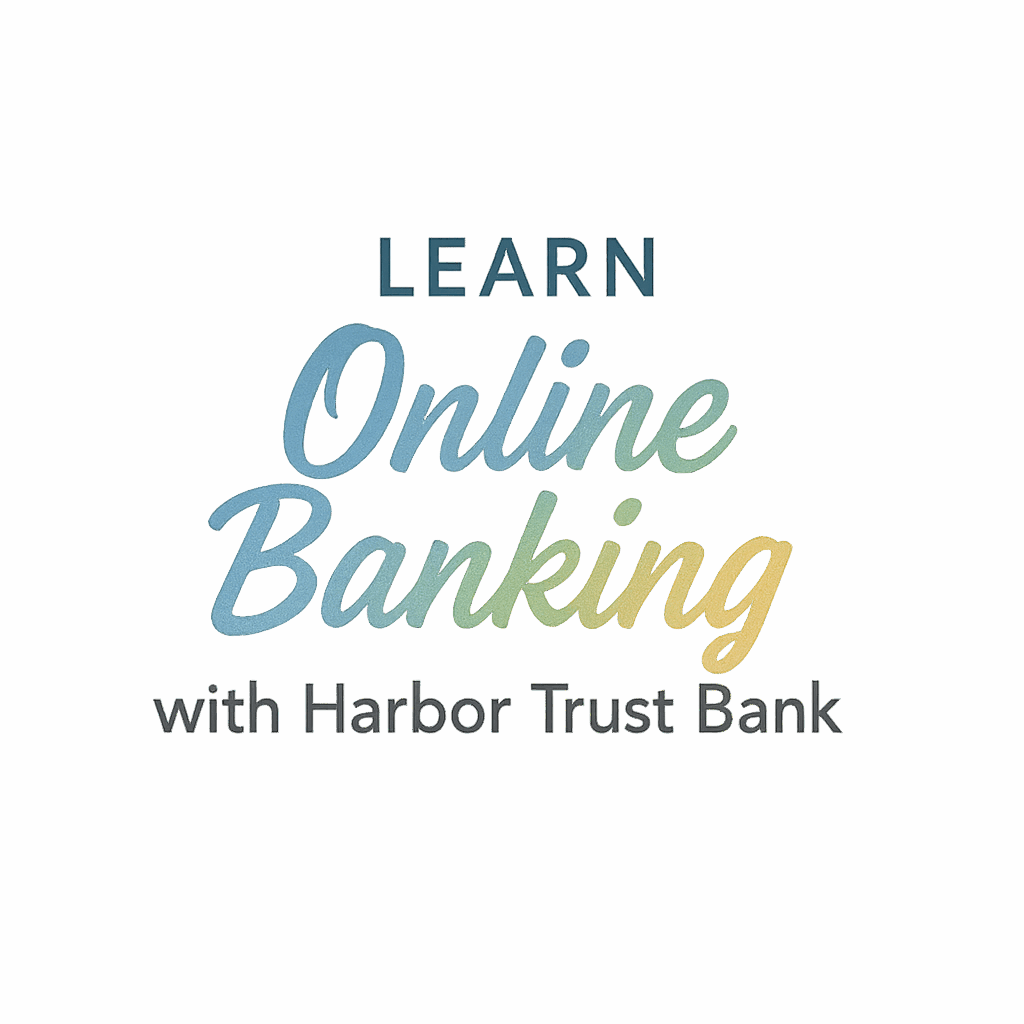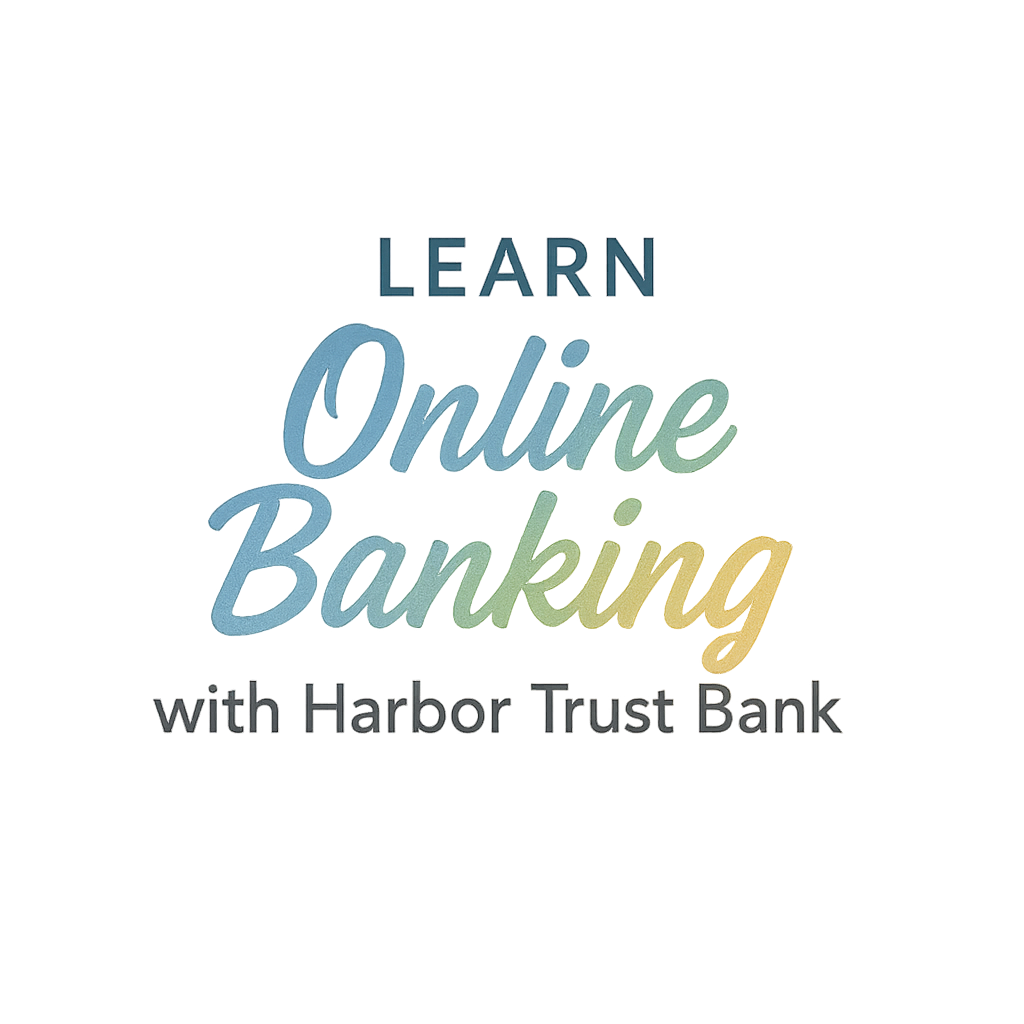Introduction: Why Online Banking Is the New Normal
Remember when going to the bank meant standing in a long line, just to deposit a check? Those days are long gone. Online banking has transformed the way we manage our money—faster, smarter, and from anywhere in the world. But before you dive into the world of digital finance, it’s important to get your foundation right.
Whether you’re setting up your personal account or running a music business like a recording studio, understanding these essentials can save you from headaches and security nightmares later.
Let’s walk through the seven things you absolutely need before starting your online banking journey.
1. A Secure Internet Connection
Before you even think about logging into your bank account, your internet connection should be airtight.
Public Wi-Fi Isn’t Your Friend
Sure, it’s tempting to check your balance while sipping coffee at your local café—but don’t do it. Public Wi-Fi networks are hotspots for cybercriminals. You wouldn’t shout your PIN across the room, so don’t expose your login details over unsecured networks.
Use VPNs for Safer Transactions
A Virtual Private Network (VPN) encrypts your connection, keeping your data away from prying eyes. It’s like building a secret tunnel from your device to the bank’s servers. Don’t start online banking without one.
2. A Strong and Unique Password Strategy
Passwords are your first line of defense, so don’t settle for “Password123.”
Don’t Recycle Passwords
Using the same password across accounts is like having one key for your house, car, and office. If someone steals it, they own everything.
Consider Password Managers
Apps like 1Password or LastPass can generate and store complex passwords for you. Think of them as your digital safe. Use them, and forget about the stress of remembering ten different combinations.
3. Two-Factor Authentication (2FA)
Let’s be real—passwords alone are no longer enough. That’s where 2FA steps in.
SMS vs. App-Based 2FA
Some banks send codes via SMS, while others use apps like Google Authenticator. App-based 2FA is more secure, especially if your phone number gets hacked or spoofed.
Why 2FA Matters More Than You Think
Even if someone figures out your password, 2FA acts as the bouncer who asks for a second form of ID. It’s a small step that adds a massive security layer.

4. Updated Devices and Security Software
If your phone or laptop is running on outdated software, you’re opening the door to bugs and breaches.
Keep Software Up to Date
Always install updates on your device and banking apps. Those pesky update notifications? They often fix security loopholes hackers love to exploit.
Antivirus Isn’t Optional
Whether it’s Windows Defender or a premium suite like Norton, antivirus software is a must. It helps detect and block malware, keyloggers, and other nasties that can compromise your online banking session.
5. Understanding of Online Banking Features
Before you click around your online dashboard, take some time to understand what’s what.
Know Your Dashboard
Familiarize yourself with available options: balance inquiries, transaction history, fund transfers, check deposits, and more. Most platforms have tutorial videos or guides to help you out.
Learn About Transfer Limits and Bill Pay Options
Banks often set limits for transfers or daily withdrawals. Knowing these in advance can help you avoid disruptions—especially if you’re managing business finances or music income from streaming services or studio clients.
6. Awareness of Potential Scams and Phishing Attempts
Online banking is convenient, but that convenience can attract the wrong crowd.
Common Phishing Tactics
Watch out for emails or texts that mimic your bank and ask for login details. Real banks don’t ask for passwords through email—ever.
How to Report Suspicious Activity
Most banks have a fraud reporting system. Save their contact number and email. If something feels off, trust your gut and report it immediately.
7. A Backup Plan and Offline Access Options
What happens if your bank’s site is down or your app crashes?
Keep a Paper Trail for Important Records
While going paperless is the trend, having a hard copy of essential documents—like tax statements, loan papers, or account details—can be a lifesaver in emergencies.
Offline Contacts for Emergencies
Keep the customer service number of your bank saved somewhere accessible, even without internet. That way, if you need to freeze your account or resolve a transaction, you’re not left helpless.
Pro Tips for a Smooth Online Banking Experience
Let’s go the extra mile and make your experience seamless.
Set Up Alerts and Notifications
Enable email or SMS alerts for transactions. These help you stay updated and act fast if something looks fishy.
Review Transactions Weekly
Set aside 10 minutes every Sunday to review your bank activity. It’s like checking the rearview mirror while driving—keeps you safe and aware.
Common Mistakes to Avoid with Online Banking
Even seasoned users make slip-ups. Don’t fall into these traps:
Sharing Credentials
You may trust your roommate or partner, but don’t share your banking login. It’s not about mistrust—it’s about risk.
Ignoring Notifications
If your bank sends you a security alert or update notice, don’t swipe it away. Read it and act accordingly.
Linking Online Banking to Your Business
Are you a business owner, freelancer, or a recording studio owner? Online banking is your best friend.
Why Entrepreneurs Should Prioritize Online Access
It helps with real-time payments, invoicing, and tracking expenses. For creative entrepreneurs, that means more time in the studio and less in spreadsheets.
Resources to Help You Start a Business Account
If you’re building a creative brand, check out these helpful pages from 4AM Recording Studio:
- Recording Studio Business Planning
- Recording Studio Equipment Tools
- Recording Studio Setup Basics
- Recording Studio Marketing & Branding
They’ll guide you from the ground up—even if you’re a total beginner.
Conclusion: Be Proactive, Not Reactive
Online banking isn’t just a tech upgrade—it’s a lifestyle change. The convenience is unmatched, but it comes with responsibilities. Start with a secure setup, stay vigilant, and always have a backup plan. Whether you’re managing personal savings or growing a business, being proactive will keep your financial journey smooth and secure.
FAQs
1. Is online banking safe?
Yes—if you use secure connections, strong passwords, and two-factor authentication.
2. What is the safest way to access my bank online?
Use a private network, VPN, and ensure your devices are updated.
3. Can I use public Wi-Fi for banking if I have a VPN?
It’s safer, but still not recommended unless absolutely necessary.
4. How often should I check my account for suspicious activity?
At least once a week. Set reminders and alerts to help.
5. What should I do if I get a phishing email?
Don’t click any links. Report it to your bank immediately.
6. Do I need antivirus software on my smartphone for mobile banking?
Yes. Mobile malware is a growing threat—security apps are a must.
7. Can I use online banking for my recording studio business?
Absolutely! In fact, platforms like 4amrecordingstudio.com offer insights to help you align banking with your studio’s growth.


